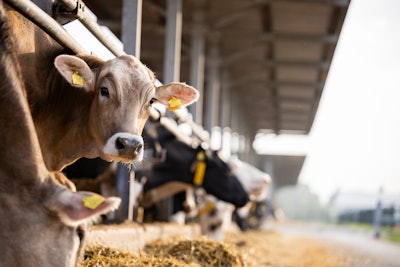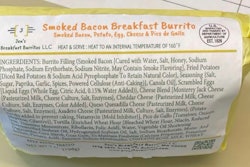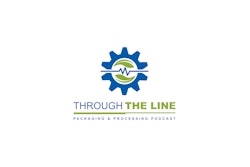Dairy cows in Kansas and Texas have tested positive for highly pathogenic avian influenza (HPAI), according to a statement released by the U.S. Department of Agriculture (USDA). Unpasteurized, clinical samples of milk from sick cattle at three different dairy farms tested positive for the avian flu after primarily older dairy cows were found with decreased lactation, low appetite, and other symptoms.
The USDA is continuing to investigate, along with the Food and Drug Administration (FDA), Centers for Disease Control and Prevention (CDC), and state veterinary and public health officials—the illness in Texas, Kansas, and New Mexico. Federal and state agencies are conducting additional testing for HPAI, as well as viral genome sequencing, in order to better understand the situation.
Farms in the affected states have also reported finding deceased wild birds on their properties. Based on findings from Texas, the detections appear to have been introduced by wild birds. According to initial testing by the National Veterinary Services Laboratories, there have been no changes to the virus that would make it more transmissible to humans, so the risk to the public appears to remain low.
No milk supply concerns
At this point, officials have no concerns about the safety of the commercial milk supply or that this circumstance poses a risk to consumer health. “Routine testing and well-established protocols for U.S. dairy will continue to ensure that only safe milk enters the food supply,” the International Dairy Foods Association (IDFA) said in a statement, noting that milk from sick cows must be collected separately and is not allowed to enter the food supply chain. “This means affected dairy cows are segregated, as is normal practice with any animal health concern, and their milk does not enter the food supply.”
In addition, pasteurization is known to inactivate bacteria and viruses in milk, and pasteurization is required for any milk entering interstate commerce.
There is also no concern at this time about the milk loss having a significant impact on supply, so agencies do not expect an effect on the price of milk or other dairy products.
Federal agencies are monitoring the situation for additional cases, asking farmers and veterinarians to report cattle illnesses quickly. For the dairies whose herds are exhibiting symptoms, on average about 10% of each affected herd appears to be impacted, with little to no associated mortality reported among the animals.



















